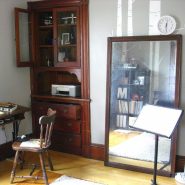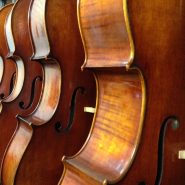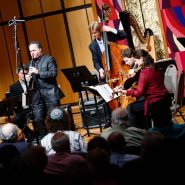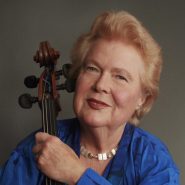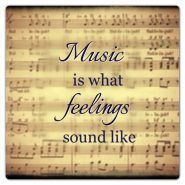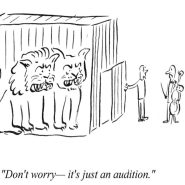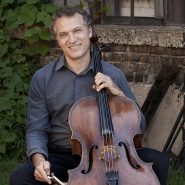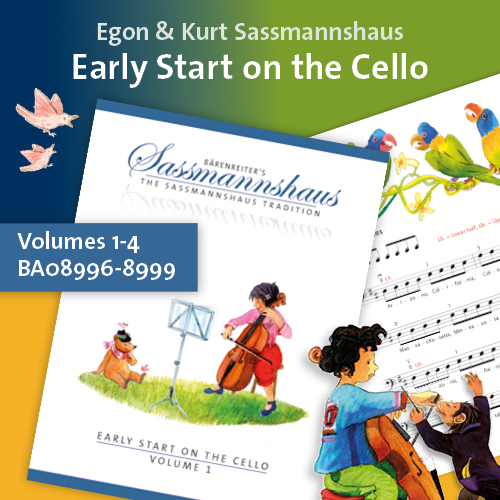Tag: Experience
By Michael Haber September 3, 2017
Subjects Practicing
Tags Auditions, Coordination, Experience, frustration, Michael Haber, personality, self, soul
By Selma Gokcen March 11, 2013
Subjects Playing Healthy
Tags aiming for a goal, Alexander Technique, automatic, balancing the instrument, bow, breath flowing, cello, cello technique, cellobello, conceptions, evaluate, Experience, exploring our habits, framework for self-study, freedom, fundamental knowledge, Gokcen, inner composer, lasting value of Alexander Technique, left hand, movement, muscular tension, music, musical expression, nervous system, phrasing, physical pleasure of playing, place of silence, Preconceived ideas, pressure in the sound, psycho-physical, re-training of musicians, reactions, refining sensation and awareness, self-study, Selma, Six Part Series, subconscious patterns of learning, tension, thinking, Thinking in a new way, working with music
By Avery Waite November 24, 2012
Subjects Artistic Vision
Tags Afghanistan, Avery, challenges, culture, discipline, Experience, imagination, Kabul, language, motivation, music, radio, students, talent, Teaching, Waite
By Selma Gokcen October 2, 2012
Subjects Playing Healthy, Practicing
By Brant Taylor February 20, 2012
Subjects Artistic Vision
Tags Awareness, Bernard, Brant, cello, cello technique, cellobello, David, Development, Experience, Greenhouse, Gregor, inspiration, Janos, Katz, music, Paul, performance, perspective, Piatigorsky, Popper, Quartet, Starker, Taylor, Teaching
By Aron Zelkowicz August 12, 2011
Subjects Chamber Music
By Aron Zelkowicz July 16, 2011
Subjects Artistic Vision
By Brandon Vamos May 5, 2011
Subjects Practicing
Tags arpeggios, Brandon, career, cello, cellobello, challenges, Experience, focus, Growth, improvement, motivation, Performing, Practice, practicing, recording, scales, scheduling, school, student, success, Summer
By Bonnie Hampton May 4, 2011
Subjects Artistic Vision
Tags Bonnie, cello, cellobello, character, clarity, communication, Coordination, discussion, Experience, exploration, expression, Hampton, hands, improvement, individual voice, individuality, Listening, music, musicianship, passion, personality, possibilities, searching, Sound, Teaching, vibrato, virtuosity
By Melissa Kraut April 11, 2011
Subjects Auditions
Tags articulation, Auditions, bow, bow speed, career, cello, cellobello, clarity, commitment, Concerto, connection, Development, Experience, expression, imagination, intentions, intonation, knowledge, Kraut, Melissa, musicianship, passion, possibility, potential, quality, reflection, skill, sound production, Strings Magazine, students, success, suggestions, Technique, tone, vibrato
By Jeffrey Zeigler March 18, 2011
Subjects Travel
Tags air travel, airlines, cello, control, Experience, extra seat, FAA, FAA passenger bill of rights, flexible, flying, Jeffrey, Kronos Quartet, Quartet, regulations, rules, safety, Travel, TSA, Zeigler
By Brant Taylor March 14, 2011
By Brandon Vamos March 14, 2011
Subjects Practicing
